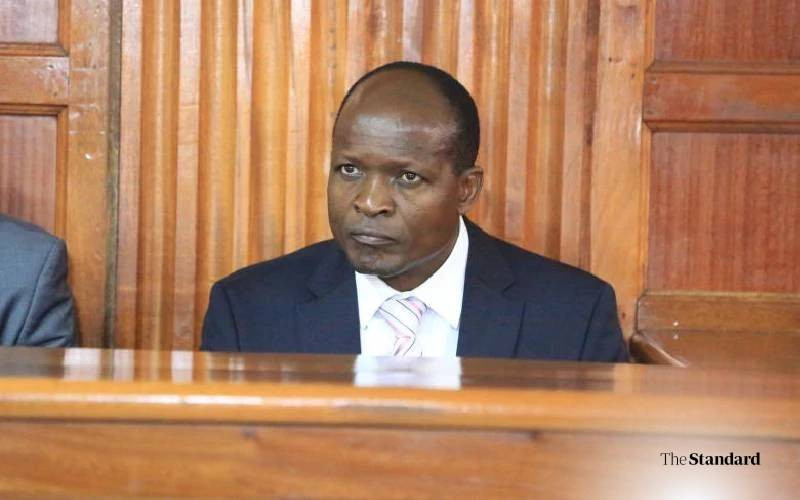
The Ethics and Anti-Corruption Commission (EACC) is in the process of disposing of the proceeds of corruption recovered from former Migori County Governor Okoth Obado and his associates.
In 2018, Obado and his accomplices were charged and arraigned for their part in fictitious procurement deals that robbed the taxpayers of Sh1.9 billion. Obado was the first Governor of Migori, and apparently, took advantage of devolution, a loose leadership structure that had no precedent at the time, to feather his nest, but failed to reckon that the law, as slow as it is reputed to be, would one day catch up with him.